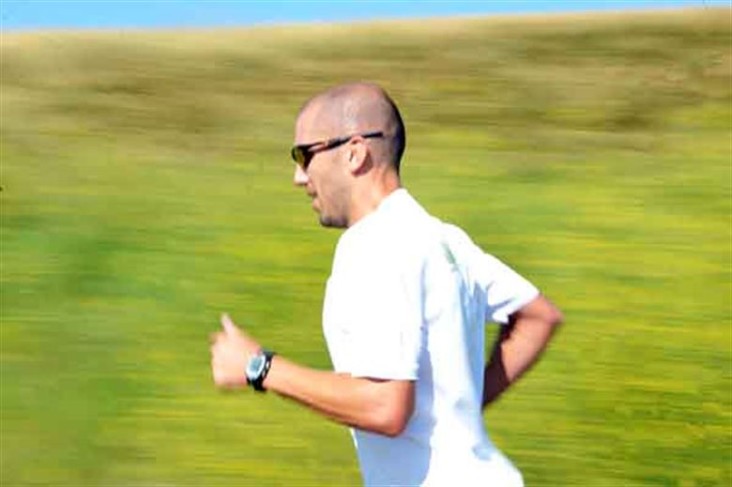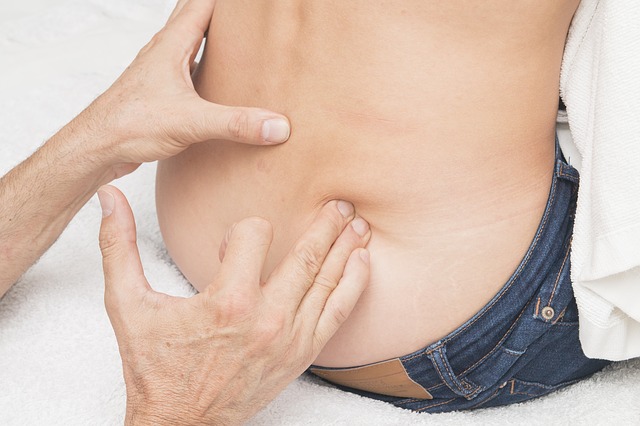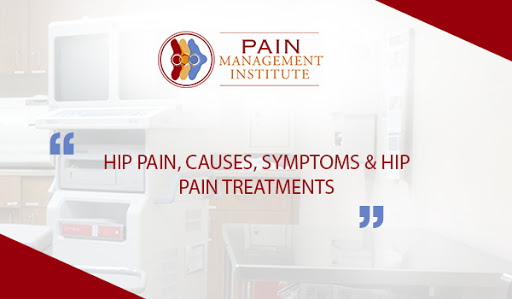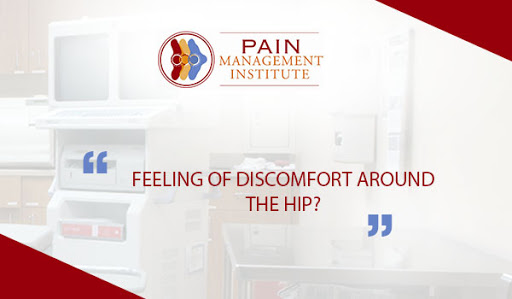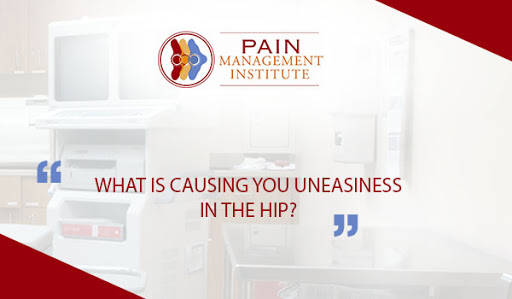It is very common for you to lift your leg or bend. You would have been doing this activity many times to carry objects or while performing the sport. Have you ever been in a situation where a simple activity like bending or lifting leg became painful and irritating? Have you ever thought about the reason? The body part which helps in performing the function of bending and lifting leg is the hip flexor. The hip flexor is a collection of different muscles including iliacus, psoas major muscles, and the rectus femoris. The strain in the hip flexor can be a reason for hip pain. The hip flexor strain can lead to very severe pain. It also impacts on the mobility of the patient in case it gets worse and remains untreated for a long time. The function of the hip flexor is to assist in bending the knee towards the chest or waist, in case you are unable to do either, your doctor can predict the Hip flexor strain. The hip strain causes swelling and tenderness of the muscle. This medical issue mostly occurs due to overuse of the muscles or hip and legs.
Types of hip muscle strain
The hip muscle strain has been divided into three categories as per the severity of pain, grade I tear, grade II tear and grade III tear.
Grade I tear
This is the hip flexor strain in which some specific muscles get effects. This type of hip pain can be treated with proper rest. It is also good to avoid any activities in which you need to lift legs or bend your hip.
Grade II tear
This type of strain means that you have damaged a large number of muscles. This type of strain would restrict the movement of your hip and legs and let you know that you have damaged your muscles. Only proper medication and proper rest is the appropriate hip pain treatment for such strain. It takes time to cure; however, the pain does not last for a long time period. The medications which are affected for such hip pain treatment are ibuprofen and naproxen sodium.
Grade III tear
The Grade III tear is the strain which needs immediate proper medical attention because it results from complete rupture of the muscles. It also causes limp. The hip flexor strain of grade three can be treated with treatments like PRP solutions. The PRP solution has proved beneficial for all kinds of injuries related to musculoskeletal and it is also a proved hip pain treatment especially in conditions in which hip pain has been caused by hip flexor strain.
To get more information about how the hip pain and to get consultancy on getting cure from hip pain, please call on 815-412-6174.

